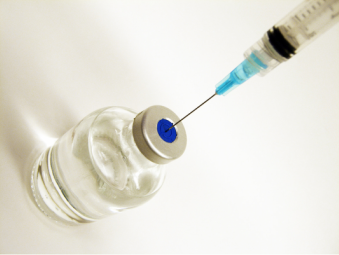http://journals.bmn.com/journals/list/latest?uid=PARA.bmn06620_00207519_v0033i05_03000626&render&node=
TOC%40%40PARA%40033%4005%40033_05
International Journal for Parasitology Full Text Available On
Experimental vaccines against measles in a world of changing epidemiology [Invited review]
Mike M. Pütz, Fabienne B. Bouche, Rik L. de Swart and Claude P. Muller
Vaccination with the current live attenuated measles vaccine is one of the most successful and cost-effective medical interventions. However, as a result of persisting maternal antibodies and immaturity of the...International Journal for Parasitology, 2003, 33:5-6:525-545
Owing to the limitations of HTML, mathematical notation in this article may not be rendered entirely accurately.
Please consult the PDF version for confirmation.
Manuscript received 22 July 2002 Revised 28 January 2003 Accepted 3 February 2003;
Abstract
Vaccination with the current live attenuated measles vaccine is one of the most successful and cost-effective medical interventions. However, as a result of persisting maternal antibodies and immaturity of the infant immune system, this vaccine is poorly immunogenic in children <9 months old. Immunity against the live vaccine is less robust than natural immunity and protection less durable. There may also be some concern about (vaccine) virus spread during the final stage of an eventual measles eradication program. Opinions may differ with respect to the potential threat that some of these concerns may be to the World Health Organisation goal of measles elimination, but there is a consensus that the development of new measles vaccines cannot wait. Candidate vaccines are based on viral or bacterial vectors expressing recombinant viral proteins, naked DNA, immune stimulating complexes or synthetic peptides mimicking neutralising epitopes. While some of these candidate vaccines have proven their efficacy in monkey studies, aerosol formulated live attenuated measles vaccine are evaluated in clinical trials.
